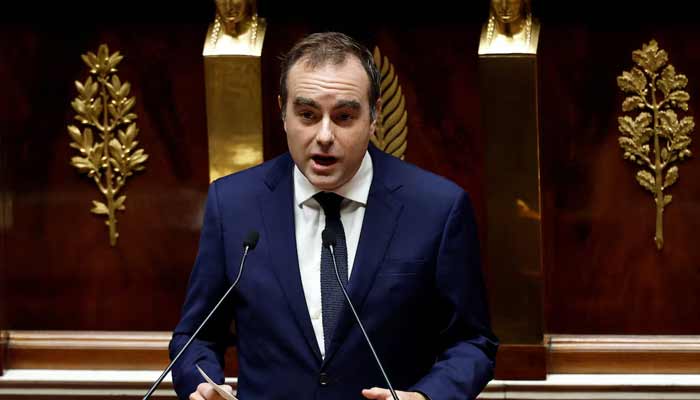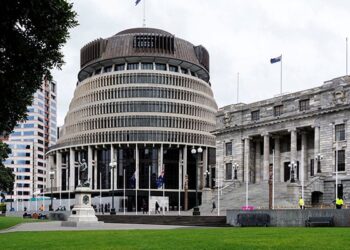Select Language:
French Prime Minister Sebastien Lecornu successfully navigated two parliamentary confidence votes on Thursday, securing essential support from the Socialist Party by promising to suspend President Emmanuel Macron’s controversial pension reforms.
The motions, filed by the far-left France Unbowed and the far-right National Rally (RN), garnered only 271 and 144 votes respectively—well below the 289 votes needed to topple Lecornu’s newly formed government.
Lecornu’s commitment to temporarily halt the pension overhaul until after the 2027 presidential elections played a pivotal role in gaining Socialist backing, giving the government a vital reprieve amid a deeply divided National Assembly.
Despite this victory, the votes highlighted the fragile nature of Macron’s administration at the midpoint of his final term.
“Today, a coalition formed through backroom deals managed to save their positions at the expense of the nation’s interest,” said RN leader Jordan Bardella on X.
The French bond market remained stable following the votes, with investors broadly expecting the government’s victory.
Lecornu Confronts Tough Budget Battles
By putting pension reform on hold, Lecornu risks undoing one of Macron’s key economic achievements at a time when France’s public finances are in critical condition, leaving Macron with few tangible domestic successes after nearly a decade in office.
Of the 265 lawmakers who promised to topple Lecornu, only a few defectors from other parties joined forces against him.
Had Lecornu lost either confidence vote, he and his cabinet would have been forced to resign immediately, likely prompting Macron to call a snap election—potentially deepening the country’s political crisis.
However, even with the votes secured, Lecornu faces weeks of difficult negotiations over the scaled-back 2026 budget, during which he could be ousted at any moment.
“French citizens need to see that we’re working tirelessly to deliver a budget that’s vital for our nation’s future,” said Yael Braun-Pivet, president of the National Assembly and Macron’s ally.
Following their pension concession, the Socialists are now pushing for a billionaire tax inclusion in the 2026 budget, underscoring how tenuous Lecornu’s bargaining position remains.
Political Challenges in France
France is experiencing its most severe political crisis in decades as minority governments struggle to pass deficit-cutting budgets amid a legislature divided into three major ideological blocks.
Reforming France’s generous pension system has long been difficult political terrain, dating back to Socialist President Francois Mitterrand’s decision to lower the retirement age from 65 to 60 in 1982.
Currently, the average effective retirement age in France is just 60.7 years—compared to the OECD average of 64.4 years.
Macron’s reform proposal increases the statutory retirement age by two years — to 64 by 2030 — aligning France more closely with other EU countries, yet still eroding a cherished social benefit favored by many on the left.







